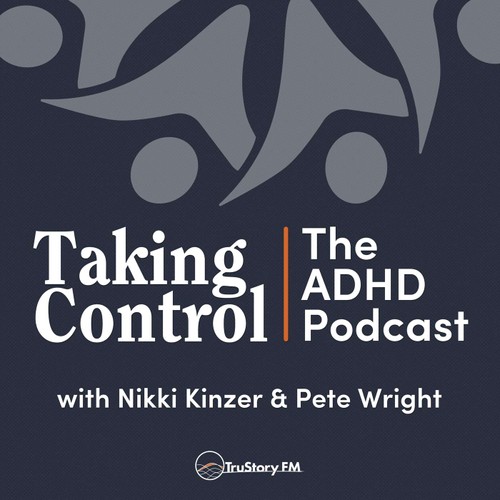
 Taking Control: The ADHD Podcast
Taking Control: The ADHD Podcast Snooze Control: Tackling ADHD Sleep Challenges with Dr. Roberto Olivardia
38 snips
May 16, 2024 Dr. Roberto Olivardia, a clinical psychologist specializing in ADHD treatment, discusses the complex relationship between ADHD and sleep. They explore how ADHD individuals struggle with various sleep disorders and share practical strategies for better sleep, including the benefits of stimulation from audiobooks or TV shows. The discussion emphasizes the importance of proper sleep for memory, brain function, and overall health with an ADHD brain.
AI Snips
Chapters
Transcript
Episode notes
ADHD and Sleep Problems
- People with ADHD commonly experience sleep problems, often linked to hypo-activation in arousal centers of the brain.
- This can manifest as difficulty falling asleep, staying asleep, or waking up, even with sufficient rest.
Falling Asleep Instantly
- Roberto Olivardia shared his experience of falling asleep instantly when his head hits the pillow at 3 a.m.
- His doctor explained that typically, people are awake for 10-20 minutes before falling asleep.
Calming the ADHD Brain
- To combat racing thoughts at bedtime, try listening to a familiar audiobook or TV show.
- This provides just enough stimulation to help the ADHD brain relax, facilitating sleep.

